2021 Virtual Dates:
May 17-20, 2021
Conducted Online via Zoom
Invited Speakers
Fang Chen
Director of Advanced Statistical Methods
SAS Institute Inc.
Dr. Fang Chen is Director of Advanced Statistical Methods at SAS Institute Inc. Among his responsibilities are development of Bayesian analysis software and the MCMC procedure. He also oversees software development in various mixed models, nonlinear models, causal inferences, survival analysis, Bayesian hierarchical models, and discrete choice models. Before joining SAS, he received his PhD in statistics from Carnegie Mellon University.
Click on any of the images or names below to read their biography.
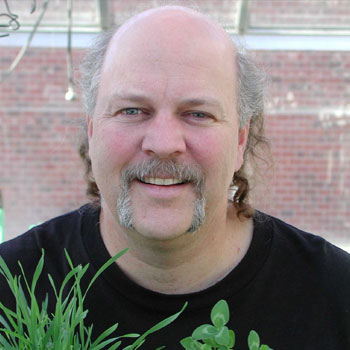
Michael Casler
Dairy Forage Research Center, USDA-ARS
Speaker Biography
Michael Casler is Research Geneticist with the USDA-ARS Dairy Forage Research Center in Madison, WI. His research is focused on perennial grass breeding and genetics, including forage and bioenergy applications. He taught advanced experimental design and statistical data analysis for 35 years at the University of Wisconsin and as workshops at many other universities.
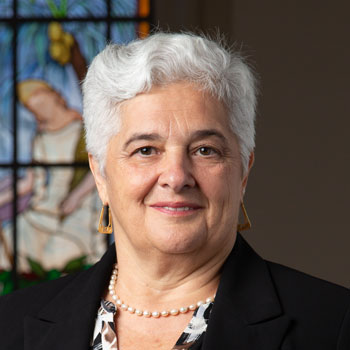
Clarice G. B. Demétrio
Speaker Biography
Clarice G. B. Demétrio is a Professor of Experimental Statistics at the Department of Exact Sciences at Escola Superior de Agricultura “Luiz de Queiroz”, University of São Paulo, Brazil. She has a BS in Agronomy, Masters and PhD in Applied Statistics in Agriculture from the University of São Paulo, and a Post-Doctoral training at the Mathematics Department, Imperial College of Science and Technology, London, England. She also has a Doctor Honoris Causa from Hasselt University, Belgium. Clarice teaches undergraduate and graduate level courses and has research projects dealing with Statistics in Agriculture. She has published papers on various topics including generalized linear models and extensions as well as mixed models applied to Agriculture. She got the “Herman Callaert Leadership Award in Biostatistical Education”, Center for Statistics, Hasselt University, Diepenbeek, Belgium in 2006; the award “Best Contributed Paper from a Special Circumstance for the Americas”, during the IBC2008, in 2008, Dublin, Ireland; the “Premio Anual del Proyecto Juárez Lincoln Marti”, in 2009 and the “Rob Kempton Award for Outstanding Contribution to the Development of Biometry in the Developing World", IBC2010, in 2010. Clarice has served as President of the International Biometric Society during the 2012-2013 term.
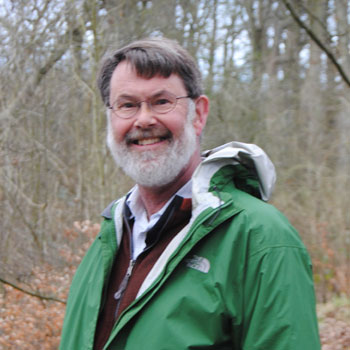
Philip Dixon
Speaker Biography
Philip Dixon is a Professor in the Department of Statistics at Iowa State University. His favorite research is developing and evaluating statistical methods to answer interesting biological questions. He prefers working with ecologists, wildlife biologists, agronomists, and animal scientists, where he can see what is being measured. A lot of this work is collaborative. The themes are using likelihood inference in non-standard situations and using computer-intensive methods. Some of the current projects are understanding foundational issues in the analysis of agronomic data, especially from repeated experiments, using telemetry to estimate butterfly locations, modeling physical activity data, and developing model-based visualizations of species composition data.
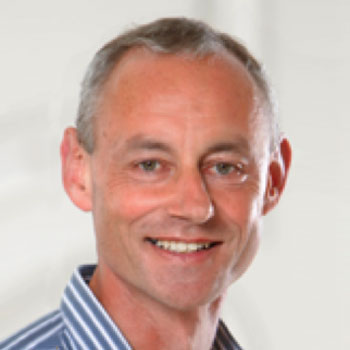
Hans-Peter Piepho
Speaker Biography
Hans-Peter Piepho was appointed Professor of Biostatistics at the University of Hohenheim, Stuttgart, Germany in 2001. He has been working as an applied statistician in agricultural research for almost 30 years. His main interests are related to statistical procedures as needed in plant genetics, plant breeding and cultivar testing. Recent interests include marker-assisted breeding (genomic prediction), estimation of heritability, spatial methods for field trials, and experimental design for various applications including RNAseq, two-phase experiments, and series of experiments.
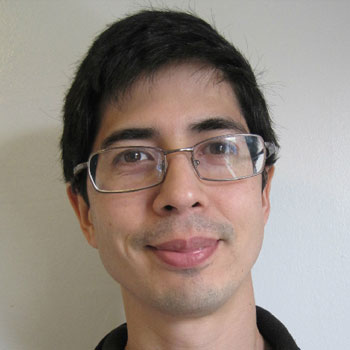
Denis Valle
School of Forest Resources and Conservation, University of Florida
Speaker Biography
Denis Valle is a quantitative scientist broadly interested in problems in developing countries and Bayesian models. He is currently an assistant professor at the School of Forest Resources and Conservation (University of Florida). His work has focused predominantly in developing next-generation models for highly multivariate biodiversity data (e.g., the Latent Dirichlet Allocation model), determining the impact of large-scale anthropogenic stressors in the Amazon region (e.g., using copula models to predict the river hydrology impacts associated with large hydroelectric dams), and developing models and decision support tools for malaria prevention and control.

Fang Chen
Director of Advanced Statistical Methods, SAS Institute Inc.
Speaker Biography
Dr. Fang Chen is Director of Advanced Statistical Methods at SAS Institute Inc. Among his responsibilities are development of Bayesian analysis software and the MCMC procedure. He also oversees software development in various mixed models, nonlinear models, causal inferences, survival analysis, Bayesian hierarchical models, and discrete choice models. Before joining SAS, he received his PhD in statistics from Carnegie Mellon University.

Linda J. Young
Chief Mathematical Statistician & Director of Research and Development
USDA’s National Agricultural Statistics Service
Speaker Biography
Dr. Linda J. Young is Chief Mathematical Statistician and Director of Research and Development of USDA’s National Agricultural Statistics Service. She oversees efforts to continually improve the methodology underpinning the Agency’s collection and dissemination of data on every facet of U.S. agriculture. Prior to joining NASS, Dr. Young served on the faculties of three land grant universities: Oklahoma State University, University of Nebraska, and the University of Florida. She has three books and more than 100 publications in over 50 different journals, constituting a mixture of statistics and subject-matter journals. A major component of her work has been collaborative with researchers in the agricultural, ecological, and environmental sciences. Her recent research has focused on linking disparate data sets and the subsequent analysis of these data using spatial statistical methods. She has been the editor of the Journal of Agricultural, Biological and Environmental Statistics. Dr. Young has served in a broad range of offices within the professional statistical societies, including President of the Eastern North American Region of the International Biometric Society, Vice-President of the American Statistical Association, Chair of the Committee of Presidents of Statistical Societies, and member of the National Institute of Statistical Science’s Board of Directors. Dr. Young is a fellow of the American Statistical Association (ASA), a fellow of the American Association for the Advancement of Science (AAAS), and an elected member of the International Statistical Institute (ISI).
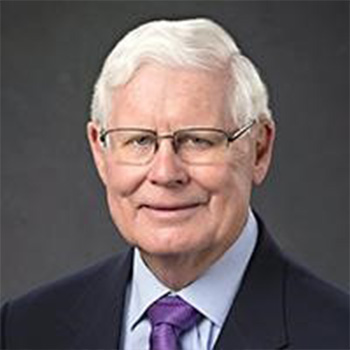
George A. Milliken
Emeritus Professor of Statistics, Kansas State University
Speaker Biography
George A. Milliken, PhD, is an emeritus professor of statistics at Kansas State University, where he taught for 38 years, and owner of a consulting business that helps researchers with study design, analysis, and reporting. His professional research emphases include linear and nonlinear mixed models and complex study design. He has used SAS software since 1974 and has extensive experience with design and analysis of experiments using mixed models and relying on the SAS GLM, MIXED, GLIMMIX, and NLMIXED procedures. He is a Fellow of the American Statistical Association and a highly cited author of numerous articles in journals of statistics. Dr. Milliken is a coauthor of the three-volume Analysis of Messy Data series—Volume 1: Designed Experiments ; Volume 2: Nonreplicated Experiments ; Volume 3: Analysis of Covariance . In 2016 he received the Dixon Award for Excellence in Statistical Consulting from the American Statistical Association. Dr. Milliken completed his PhD at Colorado State University.
Code of Conduct
We are dedicated to providing a harassment-free experience for everyone, regardless of gender, gender identity and expression, age, sexual orientation, disability, physical appearance, body size, race, ethnicity, religion (or lack thereof), or technology choices. We do not tolerate harassment of participants in any form. Suggestive statements, sexual innuendo, or offensive remarks are not appropriate during any activity, including during talks, poster sessions, workshops, social functions, after hours parties, via Zoom chat or on Twitter or other online media. Participants asked to stop any harassing behavior are expected to comply immediately. Those violating these rules may be sanctioned or expelled without a refund at the discretion of the organizers. If you are being harassed, notice that someone else is being harassed, or have any other concerns about participant behavior, please notify the organizers immediately.